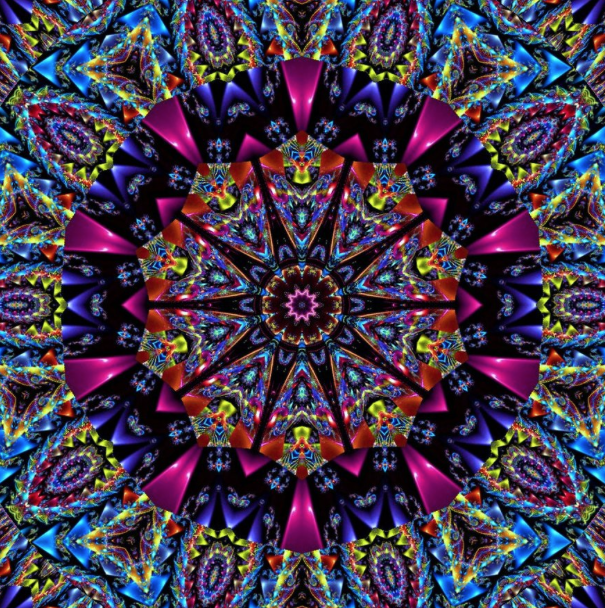Schlagwort: adopted from India
-
Integrating the Parts in Adoption
Bina shares about the fragmentation adoptees endure in order to survive and the grief work we must do to reintegrate our dual selves.
-
Der unbewusste Adoptierte
Krishna shares what it feels like to find out about being adopted years later, the secrets and lies, the impacts. Late discovery intercountry adoptee.
-
Vergiss deine Vergangenheit
by Bina Mirjam de Boer adopted from India to the Netherlands.Originally shared at Bina Coaching. Forget your past! I was told this sentence 5 years ago today, when I visited one of my children’s homes for the 2nd time. The woman who received me wasn’t interested in my questions about my past and didn’t even…
-
Imagine Losing Your Parents Twice!
by Bina Mirjam de Boer adopted from India to the Netherlands. It was October 10, 1990. “Imagine” by John Lennon played on the radio. I heard my adoptive mom on the phone tell my sister that our father passed away…. 14 years and orphaned again.My adoptive father suddenly died because of a medical mistake after…
